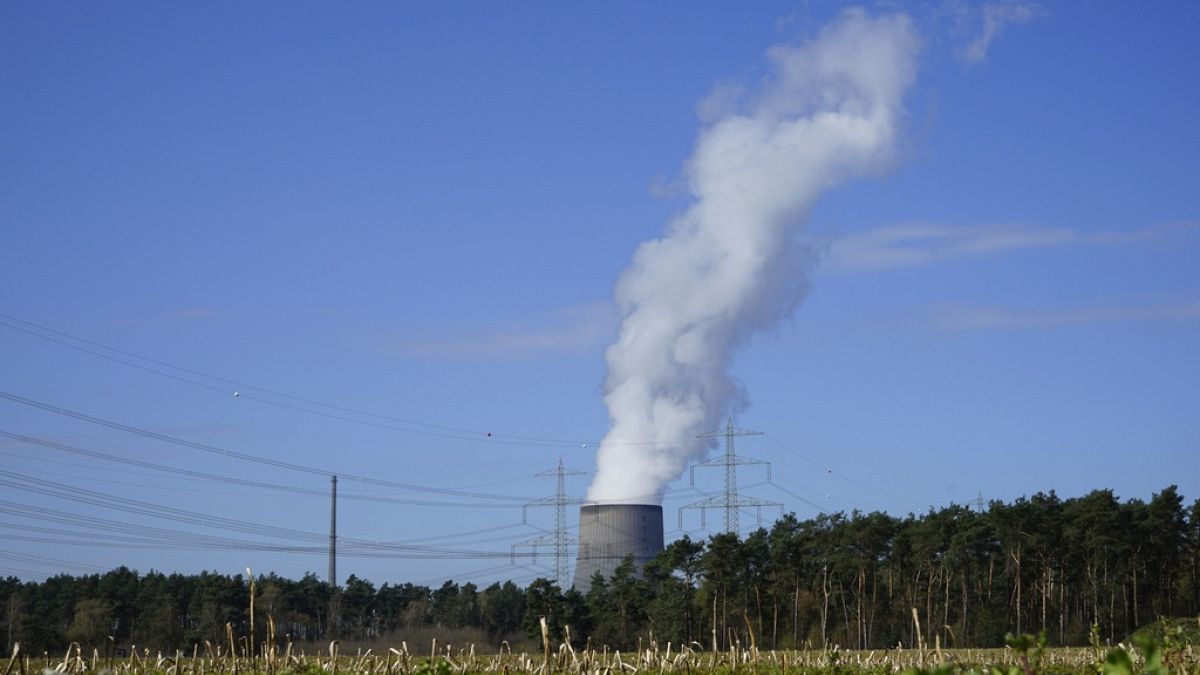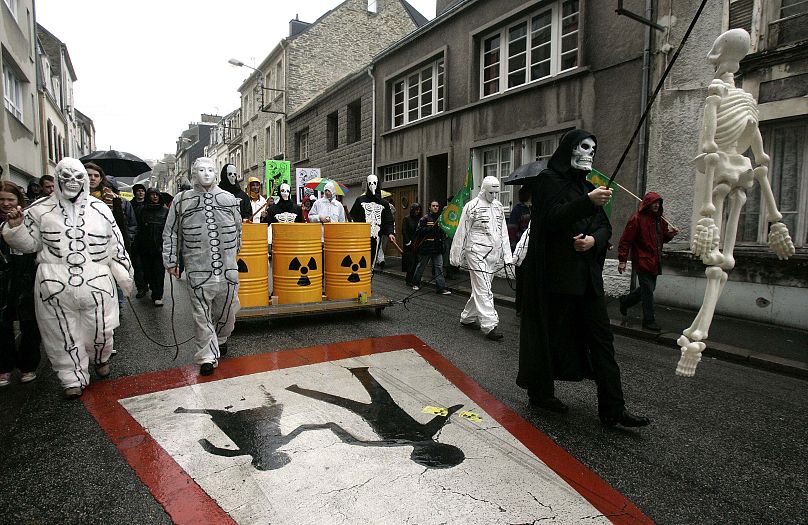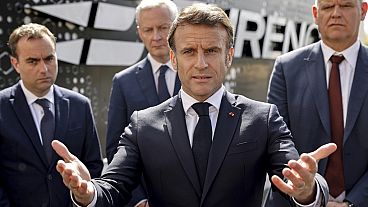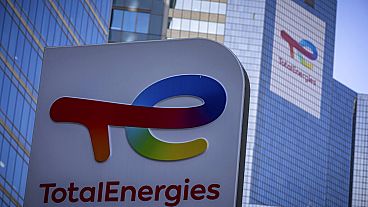As France holds on to its title as Europe's top nuclear energy producer, Germany has finally called time on its nuclear energy plans. Meanwhile, countries with smaller capacities have ramped up production.
France is this month supposed to finally load in fuel to its third-generation nuclear reactor, known as EPR, and a connexion to the grid is expected later this year. Europe's top nuclear energy producer is 12 years behind schedule - a delay that pushes some to doubt the EPR will become operational this year.
Nonetheless, France is ramping up its nuclear energy production - something that seemed unthinkable less than a decade ago, due to changeable political views on the matter.
France is not the only country that has changed its stance on nuclear energy numerous times. Coupled with the uncertainty surrounding other energy sources and geopolitical occurences, the reality of the overall electricity market changes quickly.
A volatile electricity market
A country's electricity production depends on many factors, that, by their nature, are volatile.
The latest complete dataset available regarding the import/export balance across Europe puts Sweden and Germany as the top two exporters of electricity in 2022, with respectively 33.3 TWh and 26.5 TWh. At the bottom of that ranking came France and Italy, whose electricity production dropped considerably, leading the two neighbours to import a good share of their electricity needs - 16,4 TWh for France, 43.4 TWh for Italy.
That snapshot of the electricity market was completely different in 2023. France, for instance, rose from its penultimate position to become Europe's first electricity exporter, while Germany became an importing country again.
A significant reason behind this volatility has to do with nuclear energy, that accounts for 21.8 % of the European Union's energy mix.
What countries produce the most nuclear energy?
In total, the EU had 13 member states who produced nuclear energy in 2022. In Europe, the UK, Belarus, Ukraine, and Russia also are also nuclear energy-producing countries.
The top four nuclear energy producers in 2022 accounted for 73.7% of the total amount of nuclear energy produced in the EU that year.
But the EU's overall nuclear energy production was at its lowest since 1900. The progressive shutdown of Germany's reactors played a large role in this trend, as well as France's significant repairs and maintenance on several of its power plants facilities, that led to temporarily shutting down some reactors.
Although complete data is not yet available for 2023, what is available from last year provides a good example of the nuclear energy production's change within just a few months.
What are the most notable recent changes?
Countries that until then had not been perceived as large nuclear energy producers have recently been ramping up their production. In 2022, the Netherlands's production went up by 19.8 %, Czechia by 19.1 %, Hungary 17.5 %, and Finland 10.6 %.
The European landscape is rapidly evolving, with traditionally large producers having decided to phase out nuclear energy.
Germany
The drop in nuclear energy production of the last two years is set to last: on 15 April 2023, the country shut down its last three operating nuclear reactors.
A political decision long in the making - that was either endorsed, pushed or slowed by the several parties in power since 1998 - that is drastically changing the country and Europe's energy landscape.
From a political standpoint, France and Germany not seeing eye-to-eye on nuclear energy has led to several heated debates at the EU level, including on taxonomy and a recent electricity reform.
France
The country is ramping up its nuclear energy production, after a sharp fall of 34.5% in 2022 compared with the year before. In January, the country's Senate approved a bill that ditched the 2030 objective of reducing the share of nuclear to 50% of its energy mix, instead of the current share averaging 60% to 70%- a promise President Emmanuel Macron made during his 2017 presidential campaign.
In spite of the French President's initial plan to close 14 nuclear reactors, he had embraced nuclear energy as the future of France's energy independence, by the end of his first term.
Spain
The second-largest nuclear energy producer in the EU, is on the same path as Germany. The country is planning on taking the first of its seven nuclear reactors offline in 2027, and to completely shut down its nuclear fleet by 2035.
Sweden & the Netherlands
Here again, political uncertainty meant Sweden was not expected to be one of the EU's largest producers of nuclear energy. In 2010, the country's MPs decided to overturn the decision to phase out nuclear power, that had been in place for 40 years.
Six reactors are currently operable, with two more that are planned to be builts by 2035.
A similar situation happened in the Netherlands, with the government announcing in 2021 its plans to build two reactors, adding to its sole operating one. The same year, Dutch politicians had scraped the decision to phase out nuclear energy.
Hungary
The government's enthusiasm for nuclear energy has remained steady and strong over the years. Recently, two new reactors have been approved by the Hungarian Parliaement, in addition to the four currently in operation.
But a recent deal with Russia's Rosatom has raised some eyebrows across the EU, given the ongoing war in Ukraine and the sanctions in place against Russia. The Paks II project will see the two new reactors supplied by Rosatom, which will act as a contractor in the process.
In spite of some reticence, the European Commission approved the contract in May 2023.




